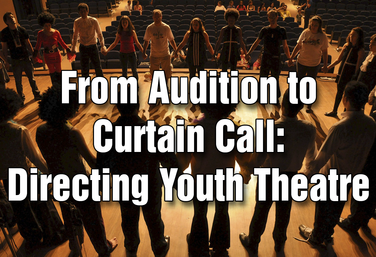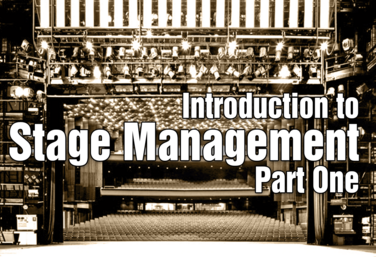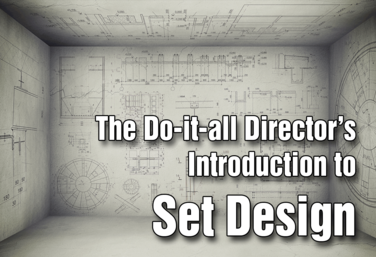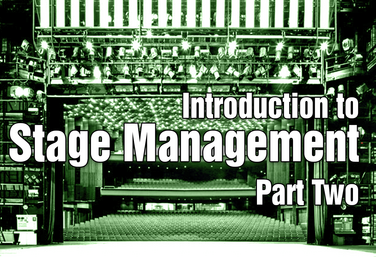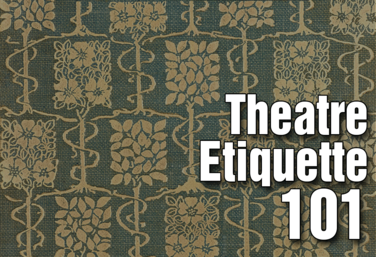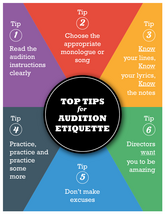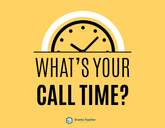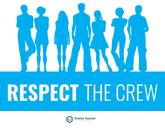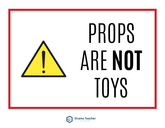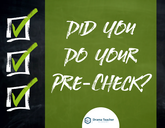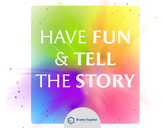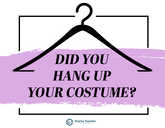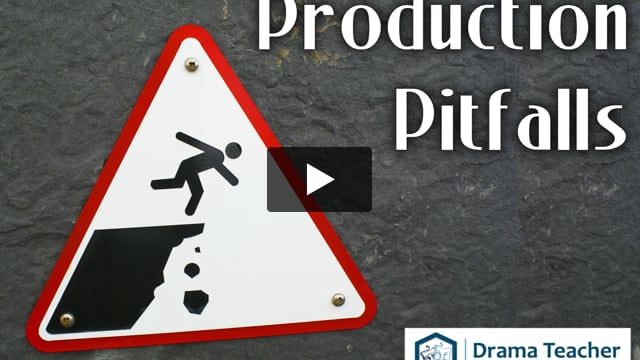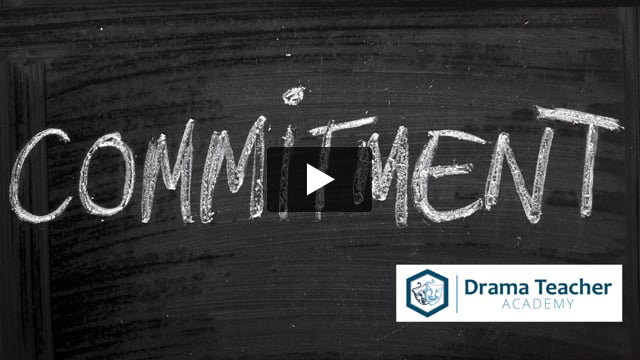Items tagged "Production"
11 Courses, 5 Units, 4 Lesson Plans, 37 Resources, and 2 PLCs tagged "Production" for Drama Teachers.
Courses
From Audition to Curtain Call: Directing Youth Theatre
by Steven Stack
Concept-Based Design for the Theatre Teacher
by Matt Webster
Introduction to Stage Management Part One
by Karen Loftus
The Do-it-All Director's Introduction to Set Design
by Holly Beardsley
Introduction to Stage Management Part Two
by Karen Loftus
Theatre Etiquette 101
by Kerry Hishon
The Production Classroom
by Karen Loftus
Marketing the Arts
by James Van Leishout
Beyond the Basics: Rehearsal Strategies to Grow Your Actors
by Julie Hartley
Director's Toolbox 2: Teaching Students to Direct
by James Van Leishout
The Dilemma Project
by Claire Broome
Units
Production Classroom Units Overview
by Karen Loftus
Part One - Pre-Production
by Karen Loftus
Part Two - Rehearsal and Performance
by Karen Loftus
Part Two - Documents
by Karen Loftus
Part Three - Reflection and Assessment
by Karen Loftus
Lesson Plans
Directing: What Is the Purpose of Production?
by Lindsay Price
Looking Back and Looking Forward
by Kerry Hishon
How to Create a Budget When You've Never Done it Before
by Kerry Hishon
Same Show, Different Stages
by Kerry Hishon
Resources
Poster: Audition Etiquette
Poster: What's Your Call Time
Poster: Respect This Space
Poster: Respect the Crew
Poster: Respect the Cast
Poster: Quiet Backstage
Poster: Props are Not Toys
Poster: Precheck
Poster: Have Fun and Tell the Story
Poster: Did you Hang up your Costume?
Poster: Did you Warm up?
Production Situation Analysis
Who's Who in the Theatre?
0 - Overview: The Organized Production Toolkit
1 - Pre-Production Tools
- Audition Information Sheet Template
- Audition Preparation Checklist
- Audition Questionnaire Template
- Audition Requirements Sample
- Audition Requirements Template
- Audition Requirements Template - Editable Google Doc
- Audition Time Slots Template
- Casting Email Sample (Little Mermaid)
- Casting Email Sample (Through the Looking Glass)
- Casting Email Template
- Casting Email Template - Editable Google Doc
- Welcome Email Sample
- Welcome Email Template
- Welcome Email Template - Editable Google Doc
- Personnel File Template
- Personnel File Template - Editable Google Doc
- Individual Personnel File Template
- Individual Personnel File Template - Editable Google Doc
2 - Stage Management Information
- Backstage Volunteers Schedule Template
- Backstage Volunteers Schedule Template - Editable Google Doc
- Cast and Crew Contact List Template
- Cast and Crew Contact List Template - Editable Google Doc
- Casting List Sample
- Notes Checklist Sample
- Notes Checklist Template
- Notes Checklist Template - Editable Google Doc
- Post Rehearsal Cleanup Checklist
- Rehearsal Schedule Calendar Template
- Rehearsal Schedule Calendar Template - Editable Google Doc
- Rehearsal Schedule Sample
- Rehearsal Schedule Template
- Rehearsal Schedule Template - Editable Google Doc
3 - Props & Costumes
- Costume List Sample (Little Mermaid)
- Costume List Sample (Big Bad Musical)
- Costume List Sample (Tarzan)
- Costume List Template
- Costume Plot Sample (Little Mermaid)
- Costume Measurement Guide
- Costume Measurement Template
- Props List Sample (Tarzan)
- Costume List Tarzan - Editable
- Props List Tarzan - Editable
4 - Backstage Running Order Sheets
5 - Ticket Sales
6 - Post-Show Information
7 - Posters
How do you look for a show?
One Moment From a Play
00 - Overview
01 - The First Few Rehearsals
02 - Creating the Pre-Rehearsal Warmup
03 - How Do We Keep Student Actors Invested in Rehearsal?
04 - Character Development
05 - Strategies for Rehearsing a Classical Play
06 - Strategies for Rehearsing Comedy
07 - Common Rehearsal Challenges
08 - Final Rehearsals
Masterclass with Karen Loftus: Stage Manager to Production Manager
Bringing Black and Latinx Plays & Playwrights into the Drama Classroom
Do's and Don'ts for Producing BIPOC Plays
BIPOC Streaming Shows
3 - Production: Design
PLCs
Production Pitfalls
Hosted by Matt Webster, Jeremy Bishop, and Heather Brandon
Commitment
Hosted by Matt Webster, Jeremy Bishop, and Heather Brandon
